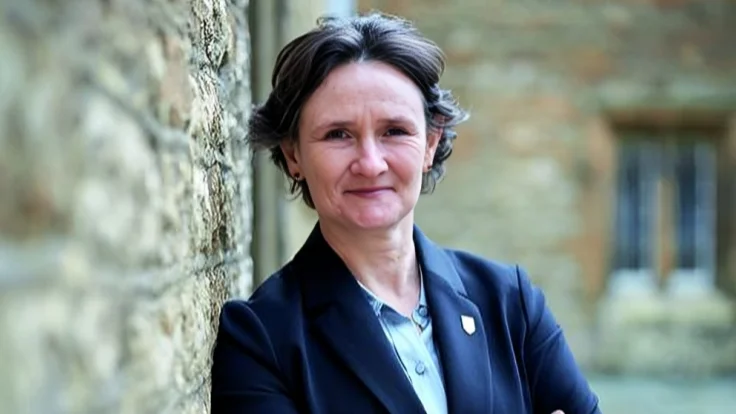Researchers at the University of Oxford have identified a new function for platelets, the small blood cells mainly known for helping blood to clot. The study, published in Science and funded by Cancer Research UK, shows that platelets also capture and store fragments of DNA found circulating in the blood. These include fetal DNA as well as mutated DNA from cancer cells.
The team, led by researchers at the MRC Weatherall Institute of Molecular Medicine, discovered evidence of fetal DNA within platelets from pregnant women and mutated DNA in platelets from patients with cancer or pre-cancerous conditions. This finding could change current approaches to genetic testing using blood samples. Present methods often remove platelets before analyzing blood plasma for cell-free DNA.
Lauren Murphy, the postdoctoral researcher who led the project, said: "Our study suggests that platelets might be even more important for our health than we previously realised. It also indicates that current liquid biopsy screening methods are overlooking valuable genetic information that is contained within platelets. Our finding that platelets contain cell-free DNA means the sensitivity of cancer screening tests can be improved, enabling cancers to be detected much earlier than has previously been possible."
The researchers believe this discovery could lead to better early detection of cancers and other genetic disorders.
Bethan Psaila, Professor of Haematology at the University of Oxford and senior author for the study, said: "Our discovery that platelets act as tiny DNA dust-busters in the blood was unexpected. One lucky consequence of this is that platelets bear hallmarks of DNA damage that has occurred in all tissues in our body - and analysis of platelets can potentially improve screening tests, including for cancer. This study was a team effort with the Universities of Edinburgh and Swansea and we are hugely grateful to our many collaborators, to Cancer Research UK who funded the study, and in particular to all patients who donate samples for scientific research."
Dr David Crosby, Head of Prevention and Early Detection Research at Cancer Research UK, which funded the study, said: "Platelets do not have any DNA of their own and it’s interesting and potentially important that they can internalise cancer DNA circulating in the bloodstream. This discovery means that many more parts of a blood sample could be used to find cancers earlier, long before any symptoms appear. It may find clues of cancer that have previously been overlooked.
'Blood tests that can find tiny fragments of DNA shed from tumours are already in development. These ‘liquid biopsies’ have huge potential in the clinic, both for early detection and to detect cancers that are coming back after treatment. This discovery could dramatically expand that research into new blood tests which use DNA gathered by platelets.
'Further research will be needed to assess which parts of platelet DNA provide the most useful information about cancer and how blood tests can look for them accurately. But this discovery moves us a step closer to finding better ways to catch cancer earlier, when treatment is more likely to be successful.'"
The findings indicate a possible improvement over existing "liquid biopsy" techniques being developed for clinical use by allowing more comprehensive analysis through inclusion of platelet-derived genetic material.
The paper titled ‘Platelets sequester extracellular DNA, capturing tumor-derived and free fetal DNA’ appears in Science.

